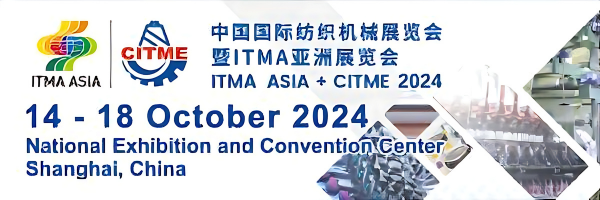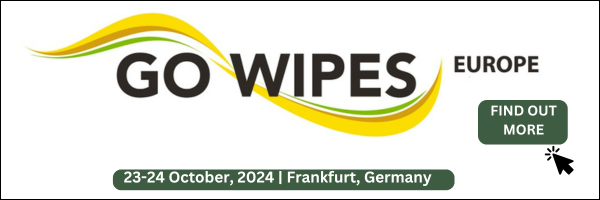Reforms will allow real gross domestic product growth in India to reach 6.75 per cent this fiscal and will rise to 7-7.5 per cent in 2018-19, says the Economic Survey presented by finance minister Arun Jaitley in Parliament today. The gross value added at constant basic prices is expected to grow at 6.1 per cent in 2017-18 compared to 6.6 per cent in 2016-17.
Agriculture, industry and services sectors are expected to grow at the rate of 2.1 per cent, 4.4 per cent and 8.3 per cent respectively in 2017-18, a finance ministry press release said citing the annual survey. However, due to higher expected increase in imports, net exports of goods and services are slated to decline in 2017-18.
The Rebate of State Levies has increased exports of readymade garments from man-made fibres by about 16 per cent in India.
An unusual feature of India’s exports is that the largest firms account for a much smaller share than in other comparable nations. Top one percent of Indian firms account only for 38 per cent of exports unlike in other countries where they account for substantially greater share.
Stabilizing the goods and services tax (GST), completing the twin balance sheet actions of companies, privatizing Air India, and staving off threats to macro-economic stability are some of the key government agendas in the next fiscal, the survey highlights.
Three areas of policy focus stand out over the medium term: finding good jobs for the young and burgeoning workforce, especially for women; creating an educated and healthy labour force; and raising farm productivity while strengthening agricultural resilience, the survey adds.
Commenting on the Economic Survey 2017-18, Apparel Export Promotion Council (AEPC) chairman HKL Magu said, “The survey suggests an improvement in demand and investment, which should augur well for the economy as a whole, and the apparel sector specifically. The survey has rightfully pointed out that the Rs 6000 crore package announced in June 2016 has addressed the constraints faced by apparel firms to a large extent and the Rebate of State Levies (ROSL) has increased exports of ready-made garments (man-made fibres) by about 16 per cent. However, due to the delays in refund of state levies (RoSL) and IGST, the full benefit of the package has yet been realised. If the GST and RoSL refunds issues are smoothened, the industry can aim at achieving double digit growth.”
The Tiruppur Exporters’ Association (TEA) has hailed the survey which called for an expeditious elimination of embedded export taxes. “The survey said that exports will be biggest source of upside potential for the economy and has also specifically noted that textiles and apparel sector has tremendous potential for growth in exports and employment, particularly, women employment,” said TEA president Raja M Shanmugham in a press release.
He said that TEA has been requesting for expeditious elimination of embedded export taxes and has been appealing to the government to enhance the Rebate of State Levies (ROSL) mainly to compensate the embedded tax.
Noting that garment exports declined in the months of October, November and December 2017 by 42 per cent, 13 per cent and 13 per cent respectively compared to corresponding months 2016, he hoped that the government would announce some positive export measures to revive exports and sustain in the global market.

















